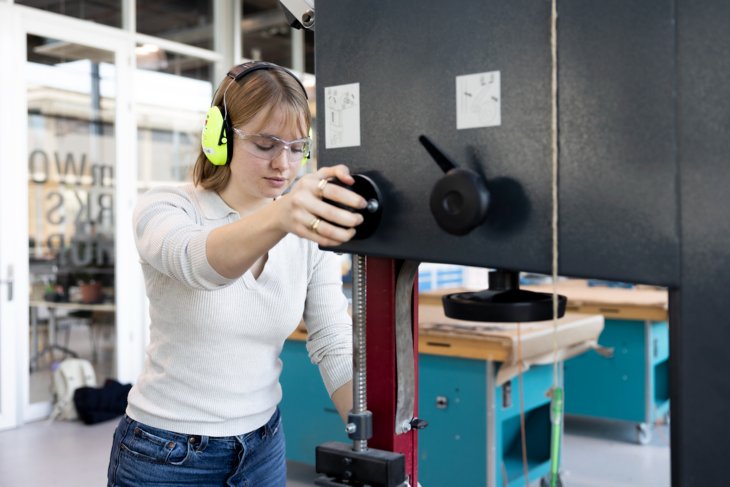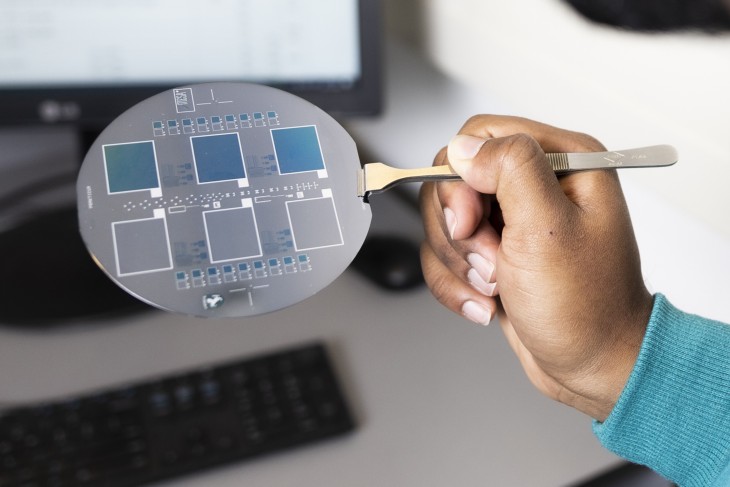More and more girls are discovering that technical studies align surprisingly well with their interests. At secondary school, they’re making a conscious choice for subjects like physics, maths and chemistry, because technology is no longer just about machines or formulas (though that might be exactly what appeals to them). Above all, it’s a way to truly make a difference for people, the climate and society.
And that’s a welcome development. Because technology is everywhere: from solutions for climate change to smart healthcare innovations. Technical knowledge makes a real impact, and to come up with effective, intelligent solutions, we need a mix of ideas and perspectives. When women are also involved in tackling technical challenges, those solutions are more likely to reflect the world we live in. You see this clearly in the broad field of STEM (Science, Technology, Engineering & Mathematics), where all these disciplines work together to take on the major challenges of today and tomorrow.
Broad opportunities with STEM
A degree in STEM opens the door to a world of possibilities. Whether you want to contribute to sustainable energy, health innovations or digital safety – the opportunities are endless. What’s more, the demand for women in technical fields continues to grow, precisely because fresh perspectives are so valuable. Choosing STEM isn’t just a step towards a promising career, it’s a way to help build a better future, together.
Think of things like:
- Data solutions to reduce energy waste
- Smart designs for disaster response
- Technology that helps older people live independently longer
- Sensors that monitor pollution in rivers or cities
- Apps that make healthcare more accessible
Tackling these challenges takes technical skills, and people who look beyond the tech alone. People who ask: why are we doing this, and who are we doing it for? And that’s exactly what appeals to many girls.
So why does that barrier still exist?
The image of technology as something impersonal is still a stubborn one. But in reality, tech is personal. It’s shaped by the questions you ask, the choices you make and the impact you want to have. It often revolves around teamwork, creative thinking and understanding the social context.
And that’s exactly why technical degree programmes are changing. There’s more room for curiosity, social engagement and collaboration. More and more often, you’ll be working on real-world projects that have real impact, from the very first day of your studies.
In short: technology means making a difference
If your motivation lies in improving the world, then a technical degree might make more sense than you thought. Not in spite of the technology, but because of it, you can make a difference. So take another look at your interests, maybe tech suits you better than you think.




